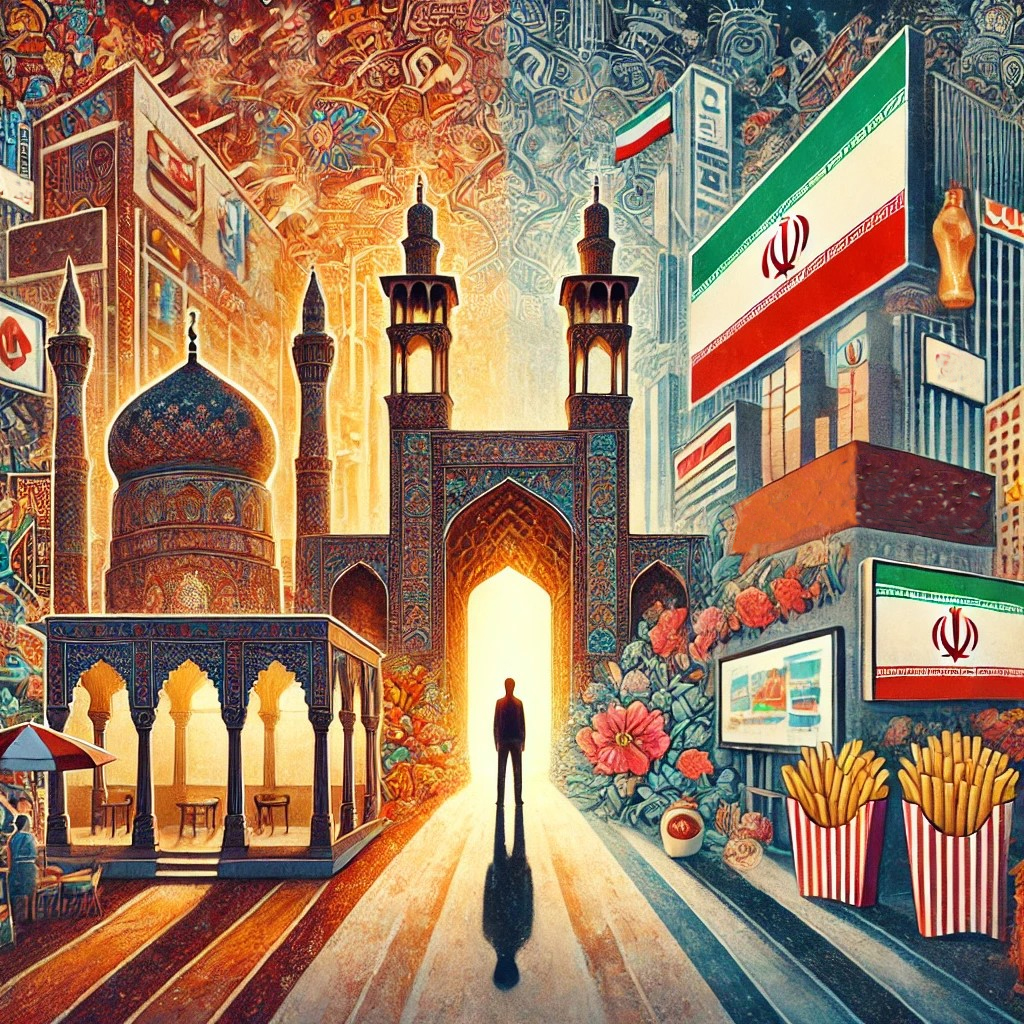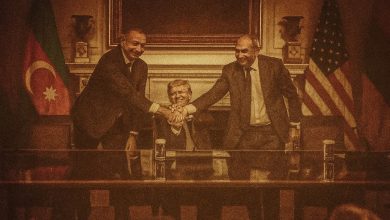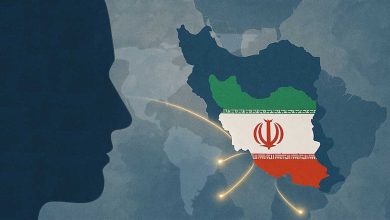National Identity Crisis in the Age of Globalization

In the age of globalization, national identities are increasingly influenced by global cultural and political currents. Iran, as a country with an ancient civilization and a rich cultural heritage, has long faced identity challenges that have intensified in the contemporary era. National identity is a collection of shared characteristics among a nation—such as language, history, religion, traditions, and common beliefs—that foster a sense of belonging and unity among its people. It plays a crucial role in strengthening social cohesion, internal solidarity, and political independence. In Iran, national identity has been shaped by various elements, including Iranian civilization, Islam, and local culture, all of which have played significant roles in the country’s historical developments. Culture, as a fundamental component of national identity, encompasses a society’s values, beliefs, customs, arts, language, and ways of life. Culture not only reflects a nation’s history and identity but also plays a decisive role in social relations, domestic politics, and international interactions. In Iran, the Iranian-Islamic culture serves as the main pillar of national identity, having a profound impact on societal values and shaping the country’s macro-level policymaking.
Globalization is a process that, through expansive communication, technology, media, and the global economy, increases interactions between different societies. While this process brings advantages such as knowledge exchange and economic advancement, it can also weaken national identities. The penetration of foreign cultures, shifts in values and behavioral patterns, and the declining importance of traditional elements are among the negative impacts of globalization on national identity.
The Weakening of National Identity and Culture and Its Impact on National Security
A weakened national identity and culture can lead to security crises. One such consequence is the widening of social divisions. It is important to note that diminishing attachment to national and traditional values can result in social fragmentation and internal conflict. Additionally, a weakened national identity reduces people’s sense of belonging to their country and diminishes national solidarity, thus creating opportunities for foreign influence and exacerbating internal threats. Another outcome is cultural dependency and foreign penetration. Foreign countries, through cultural tools such as films, TV series, local-language media, social networks, and cultural products, can shape public opinion and societal beliefs. This influence can pave the way for internal changes that benefit foreign powers. A weakening of cultural and national identity may also impact a country’s foreign policy, making it more vulnerable to external pressure and potentially reducing its political independence. Moreover, the rapid pace of cultural change driven by globalization can increase generational gaps, leading to identity crises, intergenerational disconnection, and diminished social cohesion.
Cultural Dependency and Its Consequences
Cultural dependency refers to the loss of control over internal cultural elements and the uncritical acceptance of foreign cultures. This phenomenon can have numerous consequences. The promotion of Western lifestyles in Eastern societies—especially in Iran—can alter youth behavior patterns, deepen generational divides, and reduce adherence to traditional values. As foreign cultural influence grows, national identity risks undergoing cultural erosion and gradual dissolution, pulling the country away from cultural independence. Indigenous cultural institutions such as cinema, the arts, and education may be weakened in competition with global cultural trends and replaced by foreign influences. One of the most important symbols of national identity is language. The infiltration of foreign words and expressions, without suitable replacements, can diminish the strength and influence of the national language. Furthermore, dependence on foreign cultures may lead to changes in a country’s cultural and educational policies and influence both domestic and foreign policy directions.
Strategies to Strengthen National and Cultural Identity
To confront the national identity crisis and the effects of globalization, policymakers must adopt strategies that reinforce national identity. The educational system should emphasize teaching national history, language, and culture, familiarizing future generations with Iranian values. Furthermore, Iranian cinema, music, literature, and other cultural domains should be strengthened and made resilient against foreign cultural influences. Media content should be monitored, and the promotion of national culture in digital spaces can play a vital role in countering cultural infiltration. In this regard, employing cultural diplomacy to promote and introduce Iranian culture worldwide can enhance the country’s soft power. From an economic standpoint, reducing economic dependence on foreign countries can also lessen cultural dependency and contribute to preserving cultural independence.






